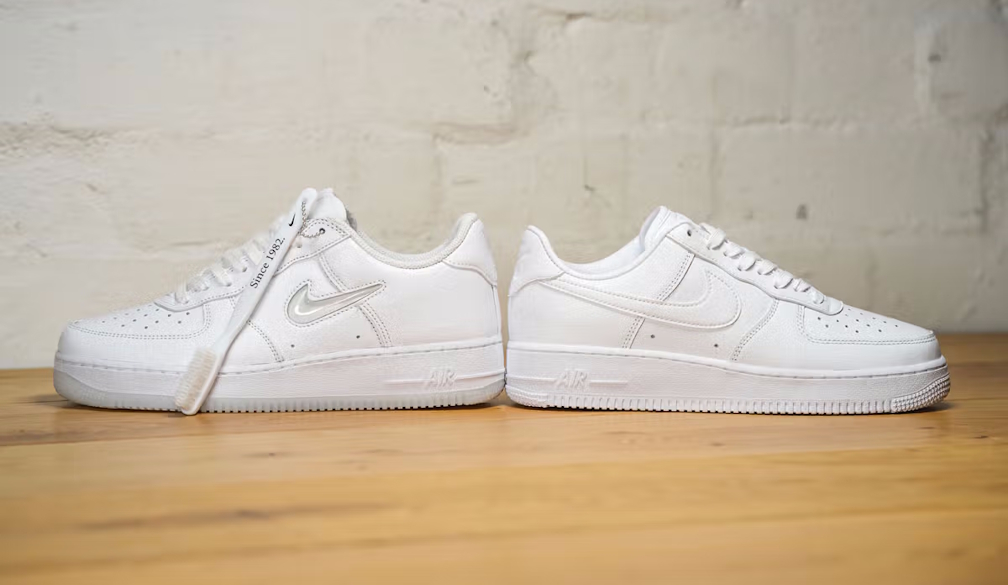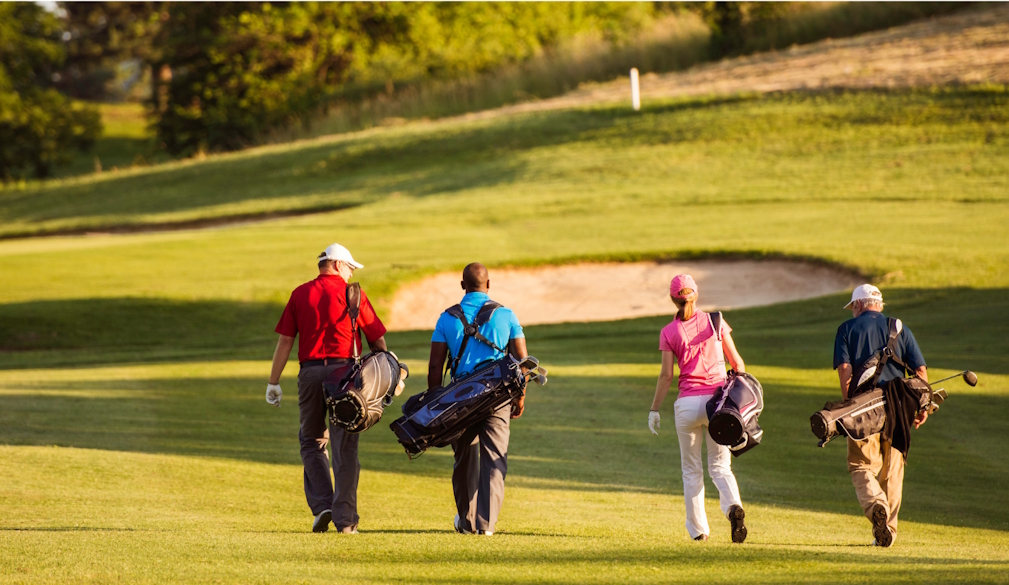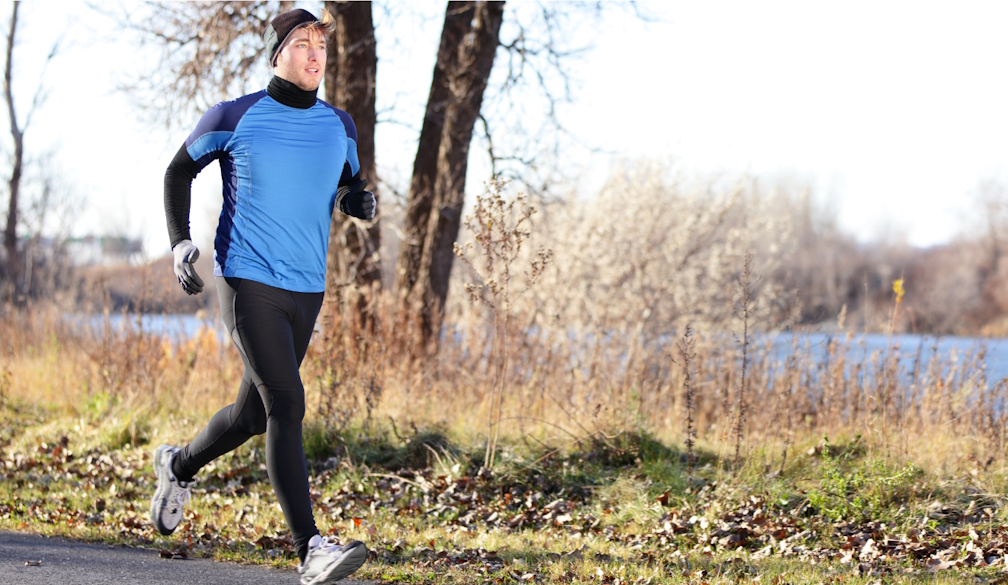AFL Star Nick Daicos Teams Up with Elite Supplements

AFL phenomenon Nick Daicos has officially joined forces with Elite Supplements, becoming the newest face of Australia’s leading supplements retailer.
At just 22 years old, Daicos has emerged as one of the most exciting players in the AFL — a Collingwood midfielder known for his elite footy IQ, unrivalled endurance, and relentless professionalism. A top contender for the 2025 Brownlow Medal, Daicos has become a symbol of what’s possible when natural talent meets preparation and consistency.
The partnership marks a new chapter for Elite Supplements, a brand that has grown from humble beginnings to become a nationwide community of over 120 stores, all staffed by certified sports nutritionists, united by one mission: to help Australians go beyond their best.
“Partnering with Elite Supplements felt like a natural fit,” said Daicos. “I’ve always believed that preparation is everything. Whether it’s training, recovery, or nutrition, it all matters. This partnership is about more than just products — it’s about sharing the importance of doing the little things right, and helping others take that next step in their journey.”
As part of the ambassador role, Daicos will feature in a series of national campaigns, digital content and in-store experiences that shine a light on his approach to performance, from the vitamins and supplements that support his recovery to the mindset he brings to every session.
Domenic Giampaolo, CEO of Elite Supplements, said the brand was thrilled to welcome Daicos to its roster of Elite ambassadors. “Nick is the ultimate example of what we mean when we say ‘beyond your best’. He’s focused, disciplined, and always looking to improve — but he also brings humility and authenticity to everything he does. He’s the kind of athlete who doesn’t just influence the game, he influences culture. We’re proud to have him join the Elite family and can’t wait to show what we’ll build together.”
The partnership is more than a brand alignment — it’s a shared belief in the power of support, education, and community. Every Elite Supplements retail team member is a certified sports nutritionist, ensuring Australians get trusted, personalised guidance to fuel their goals.
Daicos joins a growing stable of Elite ambassadors, including NRL stars Jordan Riki and Herbie Farnworth, reflecting the brand’s commitment to supporting athletes across codes, disciplines, and stages of their journey.
“We’ve built Elite to be more than a store — it’s a support system,” added Giampaolo. “Our customers are everyday people doing extraordinary things — just like Nick. Whether you’re chasing a podium finish or your first 5km run, we’re here to support you.”
In celebration of its partnership with Nick Daicos and as part of its ongoing commitment to community connection, Elite Supplements will host a special meet and greet event at its Melbourne Central store from 4:00–5:00pm on Wednesday, 25 June. Fans will have the opportunity to meet the AFL star in person, snap a photo, and receive a signed item during the exclusive one-hour appearance.
From elite athletes to everyday gym-goers, Elite Supplements continues to lead the way with premium products, expert advice, and a national community built on passion, performance, and purpose.
Shop the full Elite Supplements range at www.elitesupps.com.au









